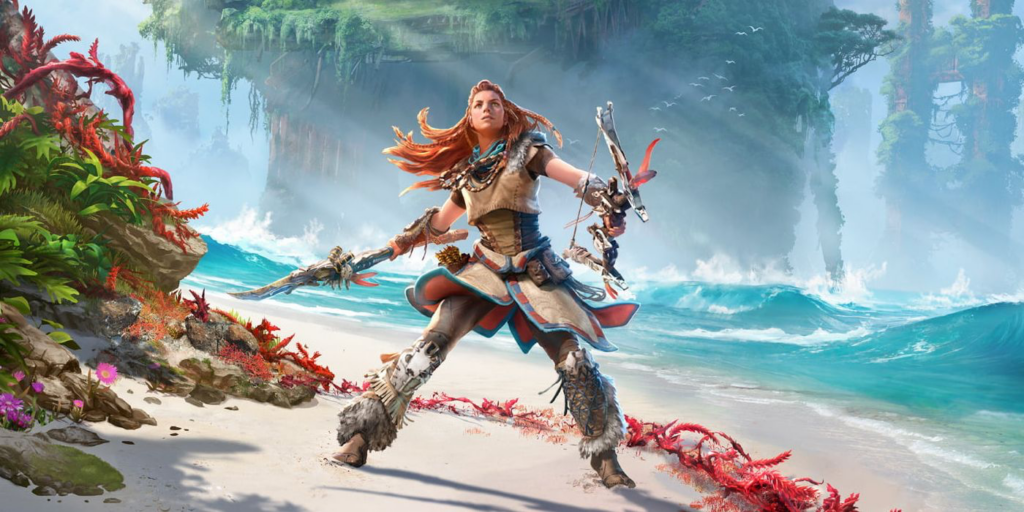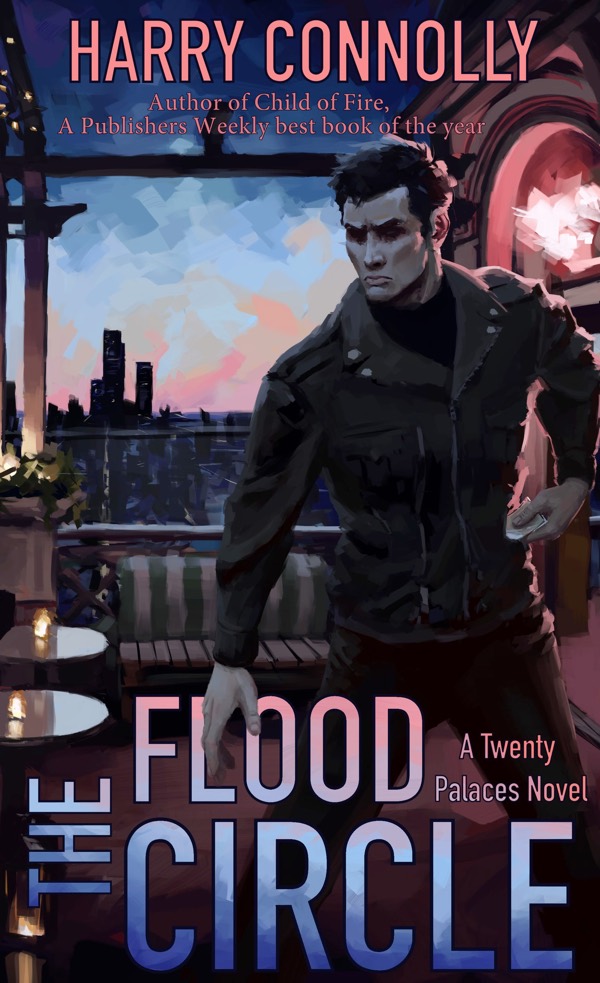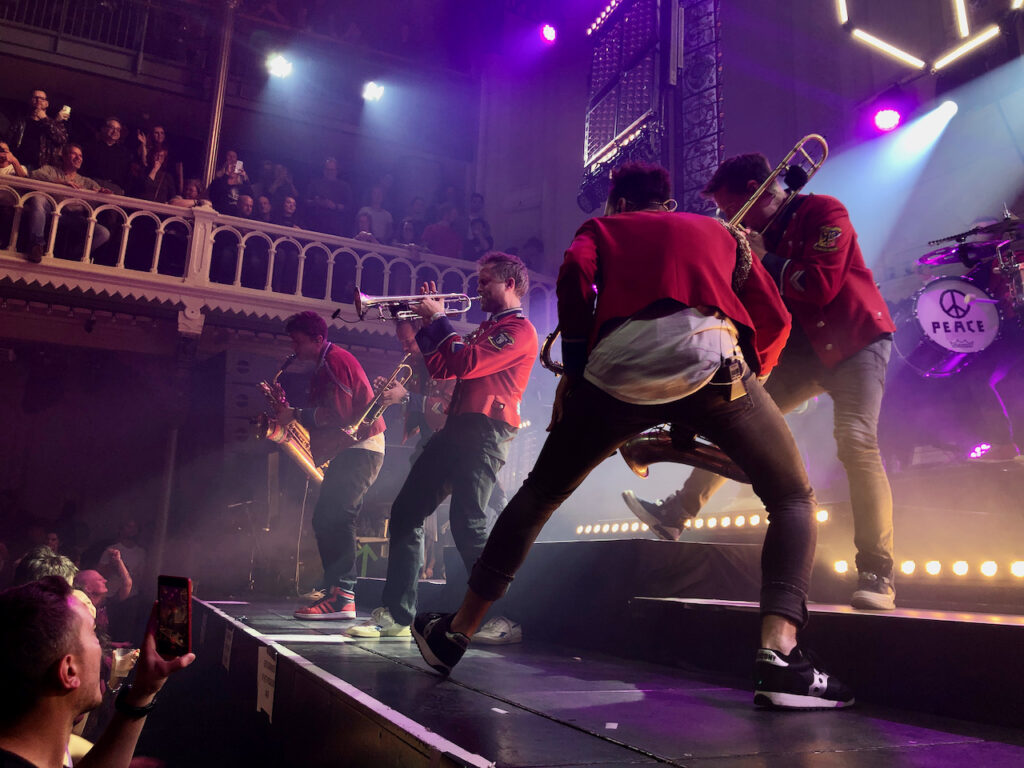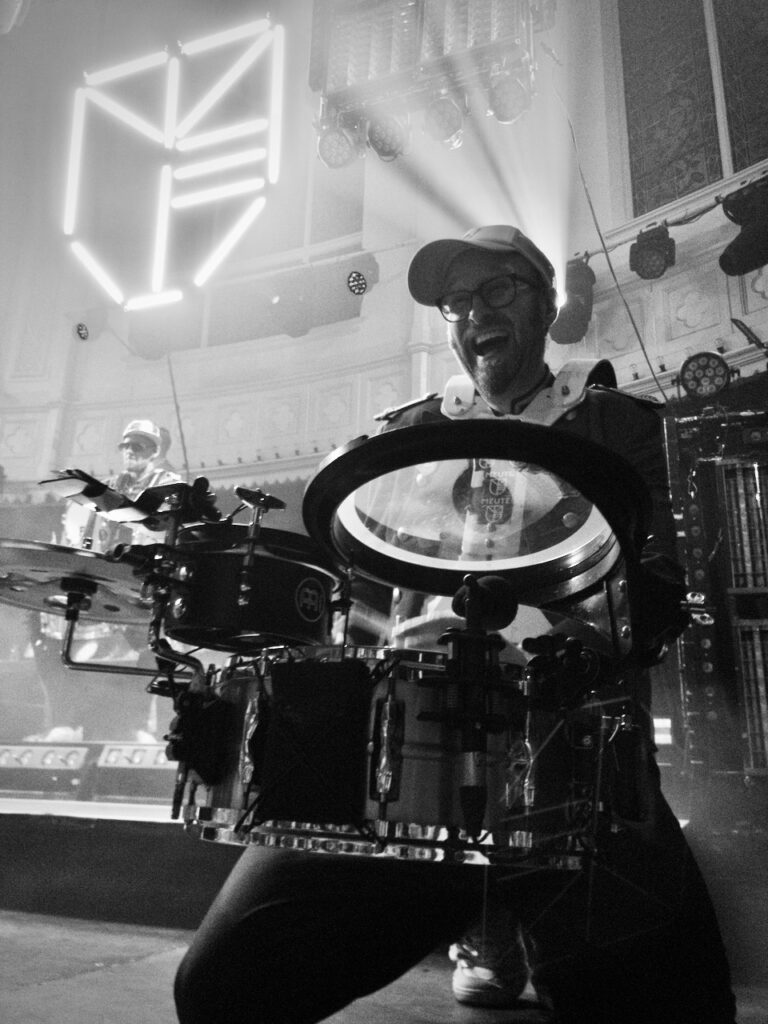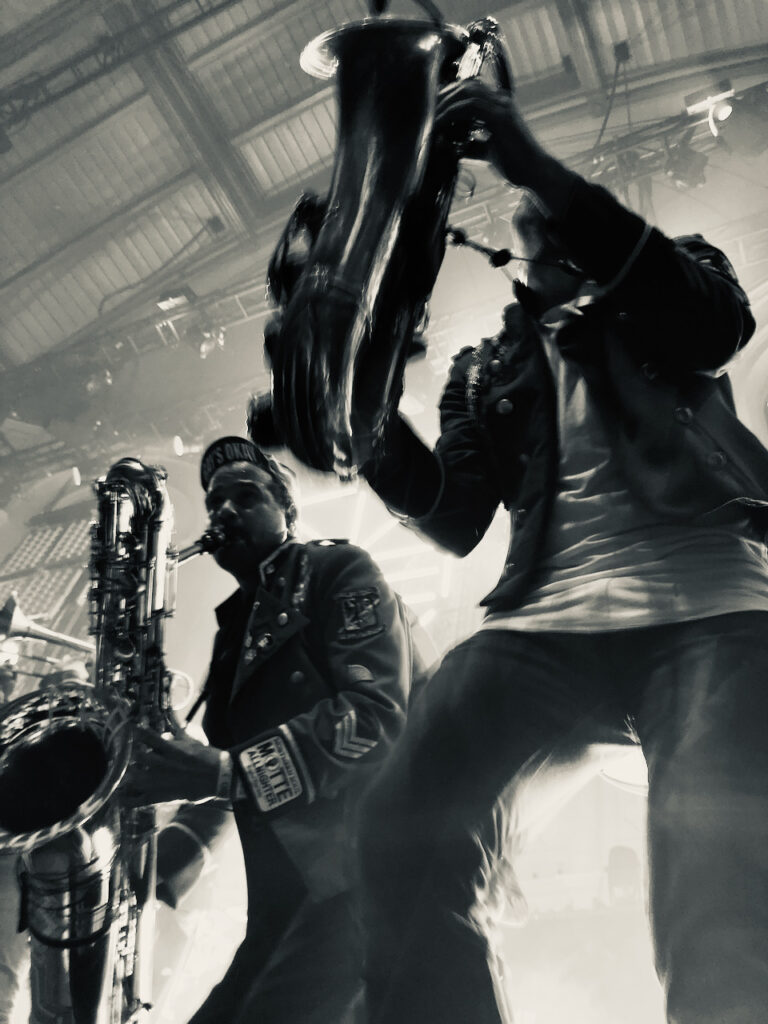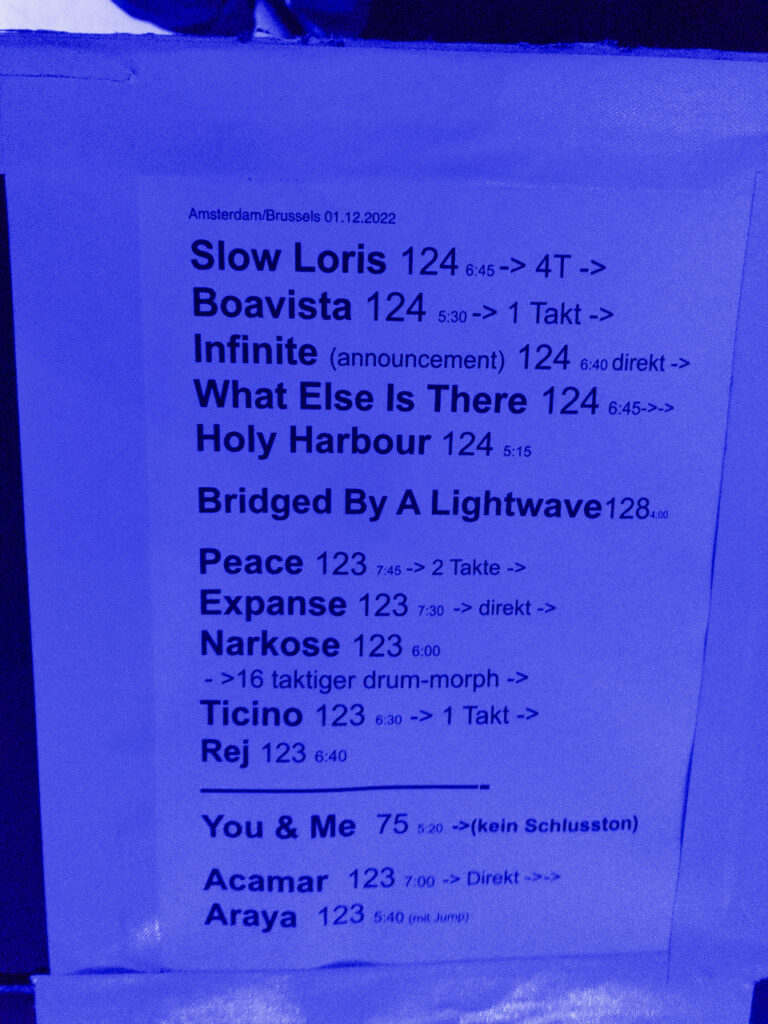Two mixed media posts in one year. Gosh.
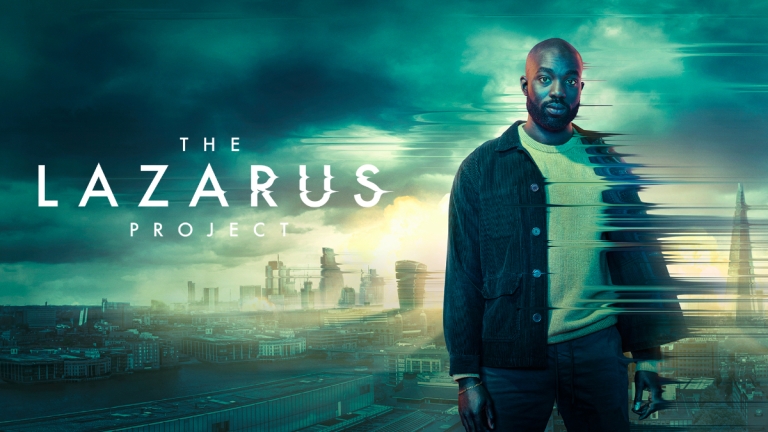
Episodic Video (“TV”)
- Legion season 2 || Did not finish. The novelty of the first season was gone; the characters were scattered; I wasn’t invested in the grand story arc. Got bored after a couple of episodes.
- Mr Inbetween || Did not finish. Australian low-key character-based dark comedy about a hit man and how he integrated his job with his life. I liked it, but it didn’t draw me in enough to keep coming back for the next episode.
- The Chilling Adventures of Sabrina season 1 || Watched three episodes, but did not finish. I had hoped to enjoy this, but it felt too affected, and the plot didn’t move quickly enough. Was watching this while sick with Covid, so missing half my brain might have played a part as well. Don’t feel inclined to go back to it, though.
- Bosch season 1 || Won’t finish. I’ve read and enjoyed several of Michael Connelly’s books about Harry Bosch, and I find Titus Welliver compelling on screen, but episode 1 of this was outright copaganda and super hard to watch.
- The Boys season 3 || Keeps on digging deeper into how horrible these superheroes are.
- ⭐️ She-Hulk season 1 || Fun. I like the version of Jennifer Walters Marvel has out together for the TV show. It’s bright and quirky and the season was short without feeling (too) awkward. Although it wasn’t entirely out of place, I thoroughly disliked the finale. Breaking the fourth wall, yes, super-self-referential in-jokes, maybe not.
- ⭐️ The Old Man season 1 || Good. I enjoyed Jeff Bridges as a grizzled, long-retired spy, and John Lithgow as his handler. Great pair of actors they found for the younger selves as well. I enjoy this kind of low-key spy drama, with occasional action, to giant big-budget slug-fests. I think I would have preferred it if they’d wrapped up the story in a single mini-series with an actual ending, though.
- ⭐️ The House of the Dragon season 1 || Yeah, good. Happy to keep watching this to see where it goes.
- ⭐️ The Peripheral season 1 || Based on William Gibson’s book, which I loved. I enjoyed seeing some of the very vivid characters brought to life on screen. This is a great adaptation, but just like The Old Man, I wish they’d wrapped it up with an actual ending.
- ⭐️ The Lazarus Project season 1 || Time loops + secret agents? Sign me up. I adored this. Episode 3 is thoroughly harrowing, though – content warning for all parents. Just like The Old Man and The Peripheral, I regret the choice to end the season on a cliffhanger, but this one feels more like a natural jumping-off point to a new chapter of the story, whereas those other two shows just failed to end.
- ⭐️ The Undeclared War season 1 || Near-future thriller that isn’t so much a spy thriller as a surveillance and intelligence thriller. But that’s what makes it feel very realistic. These are the trenches of information warfare.
- War of the Worlds season 3 || This third season criss-crosses two parallel timelines that were created by the time-travel device at the end of season 2. It’s fine, but compared to the first two seasons this felt perfunctory and tacked-on.
- ⭐️ Dead to Me season 3 || This third season wrapped up all the threads from the first two seasons in a satisfying and gentle way, but with a sense of inevitable sadness that it could never have a truly happy ending.
- ⭐️ Andor || Amazing. It feels grounded in a way that other Star Wars properties completely don’t. This is helped by the fact that they used very visible real-world locations with (retro-)futuristic appearances for some of their sets (e.g. the Barbican in London, the Cruachan Dam near Loch Awe in Scotland), and seamlessly enhanced them with digital effects. But the story is low-powered (no Jedi), and it skims the borderlines of grimy and shiny, rich and poor, corrupt and principled in a way that no Star Wars show or film has done before. It was a bit like Captain America: The Winter Soldier in that sense. After watching two seasons ot The Mandalorian I was bored with the setting. After one season of Andor I want more of it.
- Archer season 11 || I keep watching this. By this point it’s neither good nor bad, it just kind of exists?
- ⭐️ Star Trek Picard season 2 || Even though they abandoned far-off planets in favour of exploring the strange new world of present-day Los Angeles, I found this compelling. The story felt more cohesive than season 1, although building up the character of Kore only to have her whisked away in the finale felt like a bit of a cheat. Maybe this means she’ll be back in season 3?
Books
- ⭐️ Govert Schilling – De Olifant In Het Universum (The Elephant in the Universe) || I came across this book on Tim Bray’s blog. It’s a history of the scientists and scientific theories of dark matter. Because Govert Schilling is a Dutch science writer, I figured I might as well read the book in Dutch rather than in an English translation. However, when I actually got the book I discovered in the afterword that he’d written the book in English originally, and the Dutch version is the translation. Oh well, nice try. It’s a good book, although perhaps a little unsatisfying in the sense that we still don’t know what dark matter actually is. It’s the first whole book I’ve read in Dutch in a long time.
- ⭐️ Richard Osman – The Bullet That Missed || Third in the Thursday Murder Club series. Lightweight and fun, intricately plotted.
- Mick Herron – Bad Actors || Another in the Slough House series. I remember enjoying this when I read it, but looking at it now I can hardly remember anything at all about it. I’m not sure if that’s a good sign or a bad one. On the one hand, enjoyment is good, and I’m happy to encourage myself to read books that I can go through super quickly, because it reinforces the long-form reading habit, which I fear I’m in danger of losing. On the other hand, “not very memorable” isn’t exactly high praise, is it?
- Oliver Darkshire – Once Upon A Tome: The Misadventures of a Rare Bookseller || A collection of quirky little autobiographical stories about the author getting a job at Sotheran’s in London, and learning the ins and outs of the trade. Reads like a collection of blog articles, or Twitter threads. A few good laughs, but I’d hoped for a bit more depth.
- ⭐️ Harry Connolly – The Flood Circle || This follows on immediately from The Iron Gate. With this book Harry is rolling towards the endgame for the Twenty Palaces series. I don’t think I’m giving much away if I say this book ends on a cliffhanger, which is normally a big no-no for me unless I’ve got the next one lined up. But I’m invested in the series, and I really want to see how he lands this. In The Flood Circle we learn a lot more about Ray and Annalise, and get clues about the original spellbooks: how they might not be what they seem, and how the Twenty Palaces society might not be as knowledgeable as they seem. (Tangentially, I ordered this book and its predecessor in paperback, through Amazon, where they were fulfilled as print-on-demand books. I was impressed by how quickly it was generated and arrived on my doorstep. The interior printing and binding were fine, but the card stock used for the cover is very prone to curling. After handling it for just a little while, the covers just seem to peel open like a banana.)
Films
- Day Shift || Forgettable vampire hunt. Only slightly enlivened by the presence of Snoop Dogg as a bad-ass cowboy vampire hunter. Pity he’s just a minor supporting character.
- Werewolf By Night || Fun little black-and-white Halloween snack.
- 💩💩 Moonfall || Bad. Very bad. There’s a cool idea behind the film (moon’s haunted), and I’m sure there was a shooting script, and that they took a lot of footage… but then they reassembled it in a random order? Like a lego kit dropped on the floor and then rebuilt without the original instructions. While drunk. In darkened room. Wearing gloves.
- ⭐️ Prey || Predator movie set in 1719, on the North American plains, with native American protagonists. Simple but effective – a classic cat-and-mouse thriller, fantastically executed.
- ⭐️ Thirteen Lives || Ron Howard’s adaptation of the story a group of boys who got trapped by flooding inside the Tham Luang cave system in Thailand in 2018. This is an incredibly tense film. It does an amazing job of portraying the scale and difficulty of the rescue effort. Filming this must have been an enormous technical challenge, but the film never tries to be a show-off. Howard keeps the focus on the individuals, the danger they’re in, and the risks they were taking. (Similar to Apollo 13, in that sense.)
- Margin Call || I hadn’t seen this before, but in the wake of the crypto collapse and the spectacular demise of FTX, it felt appropriate to track it down. Just like The Big Short, Margin Call is set in the heart of the Global Financial Crisis of 2007-2008. The Big Short tries to tell a bigger story, and explores just how big a hole the crisis created, while Margin Call focuses on just a handful of people in a single firm, watching disaster strike them personally in the course of a single day. It carefully selects which characters are worthy of a small amount of empathy, and which ones get painted as ruthlessly detached monsters. It feels very real, but also horribly dispassionate and bloodless, and free of the cosequences we know played out in the real world.
- 💩Guardians of the Galaxy Holiday Special || Take human trafficking and make it fun. Take Mantis and Drax and make them even more cringe. Not the worst addition to the MCU, but … actually it might be.
- ⭐️ Glass Onion || Rian Johnson takes aim squarely at Elon Musk in this follow-up to Knives Out, and given that this film was in the making long before Musk’s catastrophic 2022, this looks wonderfully insightful and prescient. (The new insights into Benoit Blanc’s character are wonderful, and I can’t wait to see more of him. My main issue with the film is that every piece of it goes on for too long. It takes too long to get to the island, it takes too long for the murder to happen, the flashback sequence is more of a film-within-a-film than a peek behind the scenes while the detective does the big reveal, the comeuppance sequence takes forever and ultimately feels like a soft landing for the villain, although that’s perhaps part of the overall critique of the ultra-rich. I eagerly await more Benoit Blanc, but I hope future iterations will be a little more tightly constructed (like the original Knives Out).
- Wakanda Forever || Still digesting this. Just like Glass Onion, I thought it was slow, and went on for too long. I’m ambivalent about setting the kingdoms of Wakanda and Talokan at each others’ throats. Given that we see UN members being willing to violate Wakanda’s generosity and attempting to steal vibranium, and that there seems to be a developing narrative setting up Director de Fontaine as a new subversive Hydra-like authoritarian force, it feels our heroes are being fooled into losing sight of who the real enemy is. Maybe that’s the point? But I found the big battle between Wakanda and Talokan to be more distressing that thrilling. Beautiful production design, though.
Games
- ⭐️ Horizon Forbidden West || I re-played Horizon Zero Dawn before tackling the new game, and I didn’t play it as soon as it was released (18 February) because I didn’t want it to get in the way of my last exam. But once everything was wrapped up, I played the heck out of this. I didn’t quite 100% it. After getting Covid in July, followed by going away on holiday in August, I hadn’t played for about a month, and found it a bit hard to go back to. But according to the PlayStation clock I had logged 103h and 15m by the time I finished it. Good game, good value. I’m looking forward to the DLC next year, but I don’t think I’ll play through the whole game again in the run-up to its launch. (I’m curious to see where the DLC will be positioned in the game’s timeline as well – I hope it comes after the endgame.)
- ⭐️ Stray || Cat game! Short (about 5-6 hours) exploration and puzzle-solving game in a post-apocalyptic world filled with robots with video screens for faces.
- ⭐️ Hades || Haven’t finished this yet, but I’m still enjoying it. I find it holds my attention for a run or two, and then I’ve had enough for the day. But the structure of the game means that I still make a little bit of progress each time, and then come back the next day. Lovely graphics.
